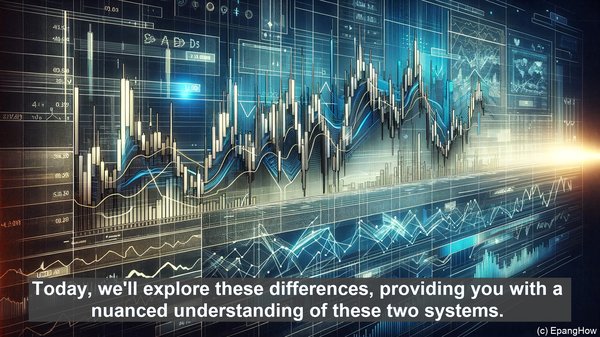Introduction: The Essence of Economic Systems
Hello everyone! Welcome to our article on the intriguing world of economic systems. At the core of any nation’s economic framework lies the choice between a free market economy and a social market economy. While both have their merits, they differ significantly in terms of their principles and outcomes. Today, we’ll explore these differences, providing you with a nuanced understanding of these two systems.
Defining the Free Market Economy
Let’s begin with the free market economy. As the name suggests, it is a system where economic decisions are primarily determined by the interactions of individuals and businesses in the market. Here, the government’s role is minimal, and the forces of demand and supply play a dominant role in shaping prices, production, and consumption. In a free market economy, competition is the driving force, as it encourages efficiency, innovation, and consumer choice.
The Social Market Economy: Balancing Act
Contrastingly, a social market economy incorporates elements of both a free market and a welfare state. While it upholds the principles of competition and individual initiative, it also recognizes the need for social welfare and regulation. In this system, the government plays a more active role, ensuring fair competition, safeguarding consumer rights, and providing a social safety net. The aim is to strike a balance between economic growth and social equity.
Key Differences: Regulation and Redistribution
One of the fundamental distinctions between the two systems lies in the extent of government intervention. In a free market economy, the government’s role is limited to maintaining law and order, protecting property rights, and enforcing contracts. On the other hand, a social market economy involves more extensive regulation, such as setting minimum wages, imposing safety standards, and monitoring monopolies. Additionally, it emphasizes income redistribution through progressive taxation and social welfare programs.
Implications for Businesses and Consumers
The choice between these economic systems has far-reaching implications. In a free market economy, businesses enjoy greater flexibility and autonomy, as they are not burdened by excessive regulations. This can foster innovation and entrepreneurship. However, it also means that consumers need to be well-informed and cautious, as the market may not always provide adequate protection. In a social market economy, while businesses face more regulations, consumers benefit from enhanced safety standards and consumer rights.

Addressing Inequality: A Core Concern
Another critical aspect is the approach to addressing income inequality. In a free market economy, the focus is on equal opportunities, with the belief that individual effort and merit should determine outcomes. While this can lead to disparities, proponents argue that it also incentivizes hard work and innovation. In a social market economy, there is a greater emphasis on reducing inequality through progressive taxation and social welfare programs. The aim is to ensure a more equitable distribution of resources and opportunities.

